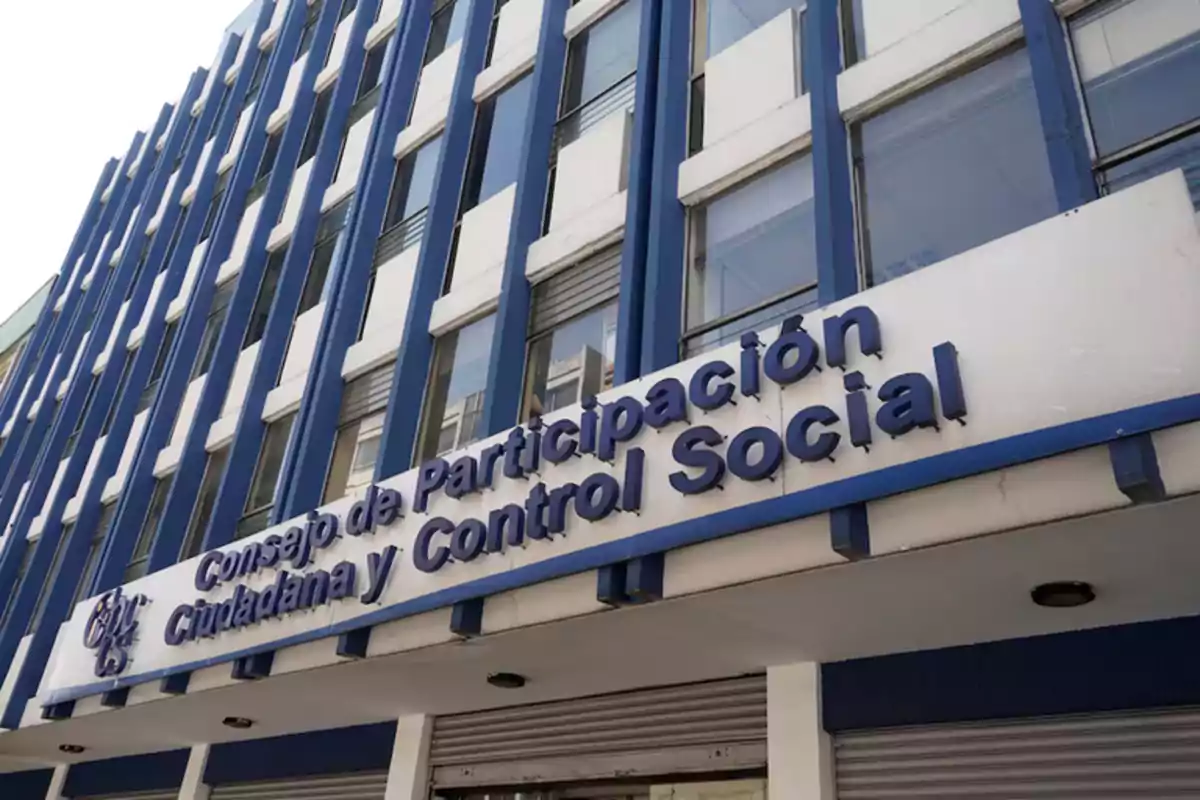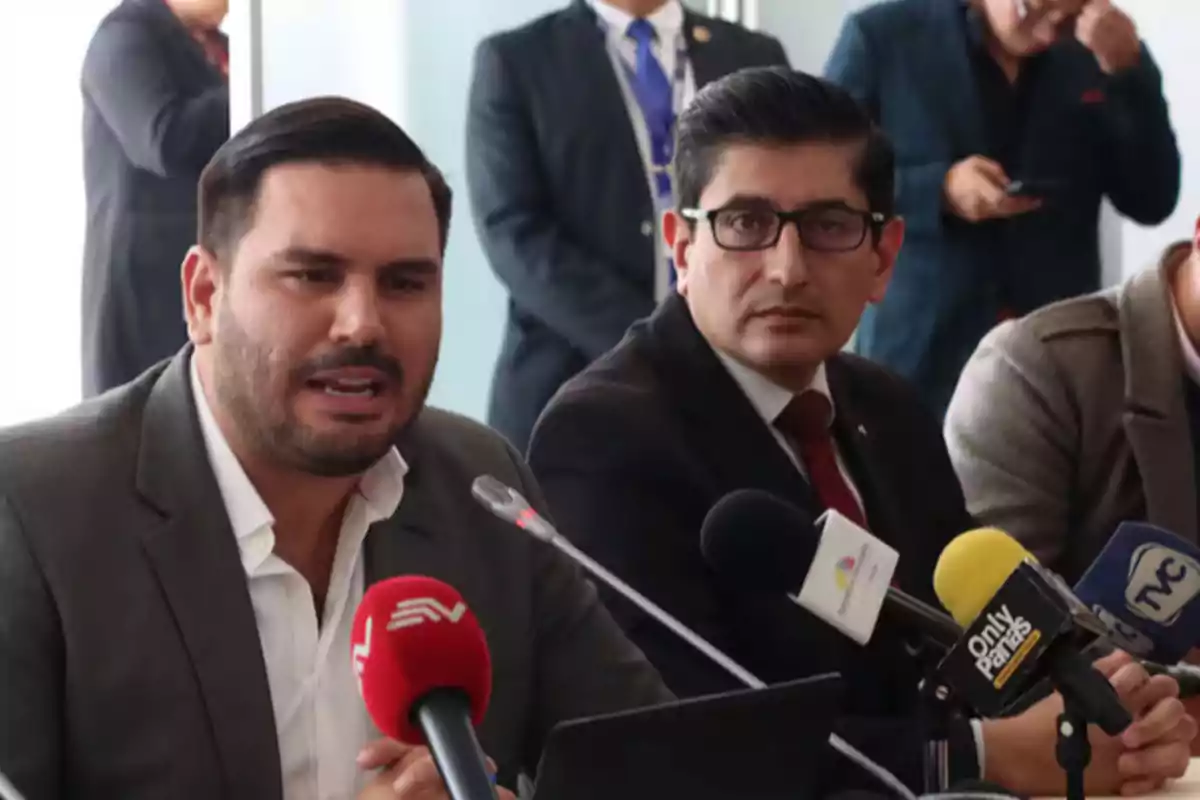
The contest for the new Attorney General began amid delays and lack of clear definitions.
CPCCS faces criticism for its prolonged inaction despite the institutional urgency following Salazar's departure
The process to appoint the new authority of the Attorney General's Office remains in a preliminary phase, with no concrete progress since Diana Salazar left the position on April 8. The Council of Citizen Participation and Social Control (CPCCS) only convened its members this week to form the technical team responsible for organizing the public contest.
Although the regulations for this process have been in effect since October 2024, no official call has been initiated to select the citizen commission in charge of the contest. This delay coincides with the reelection of Andrés Fantoni as president of the CPCCS, who promised to expedite at least seven pending processes during his second term.
To choose the new attorney general, a citizen selection commission composed of five citizen delegates and five from the State must first be formed. This process, according to the regulations, can take between four and five months, provided there are no legal or administrative obstacles.
Once this commission is formed, the public contest of merits, opposition, and citizen challenge will be opened. This additional procedure can take between seven and eight months, so the Attorney General's Office could remain under an interim figure for almost a year, generating institutional uncertainty.

Meanwhile, Wilson Toainga, acting attorney, will continue in his role after being authorized by the State Attorney General's Office. However, his provisional status reflects the lack of foresight by the CPCCS, an entity that should have activated this process before Salazar's official departure.
The slowness of the CPCCS not only affects the Attorney General's Office but also other institutions with extended-term authorities, such as the CNE, the TCE, and the Judiciary Council. These gaps in the renewal of authorities weaken institutional strength and open spaces for legal instability.
The CPCCS's lack of speed in initiating the selection process for the new attorney general evidences a deficient institutional response capacity. In a context marked by the fight against corruption and organized crime, the delay in appointing control authorities weakens governance and citizen trust.
More posts: